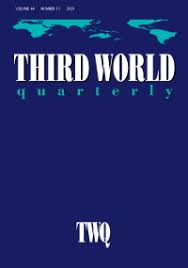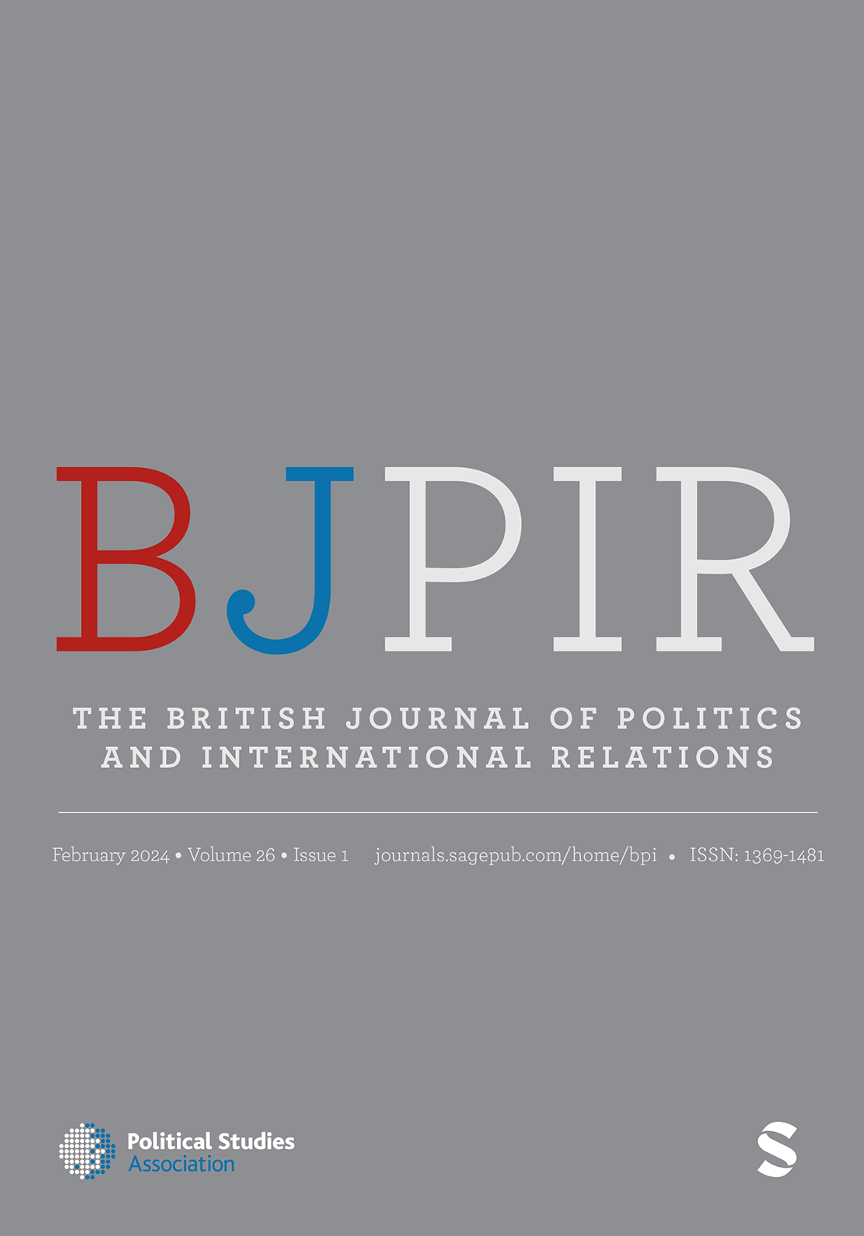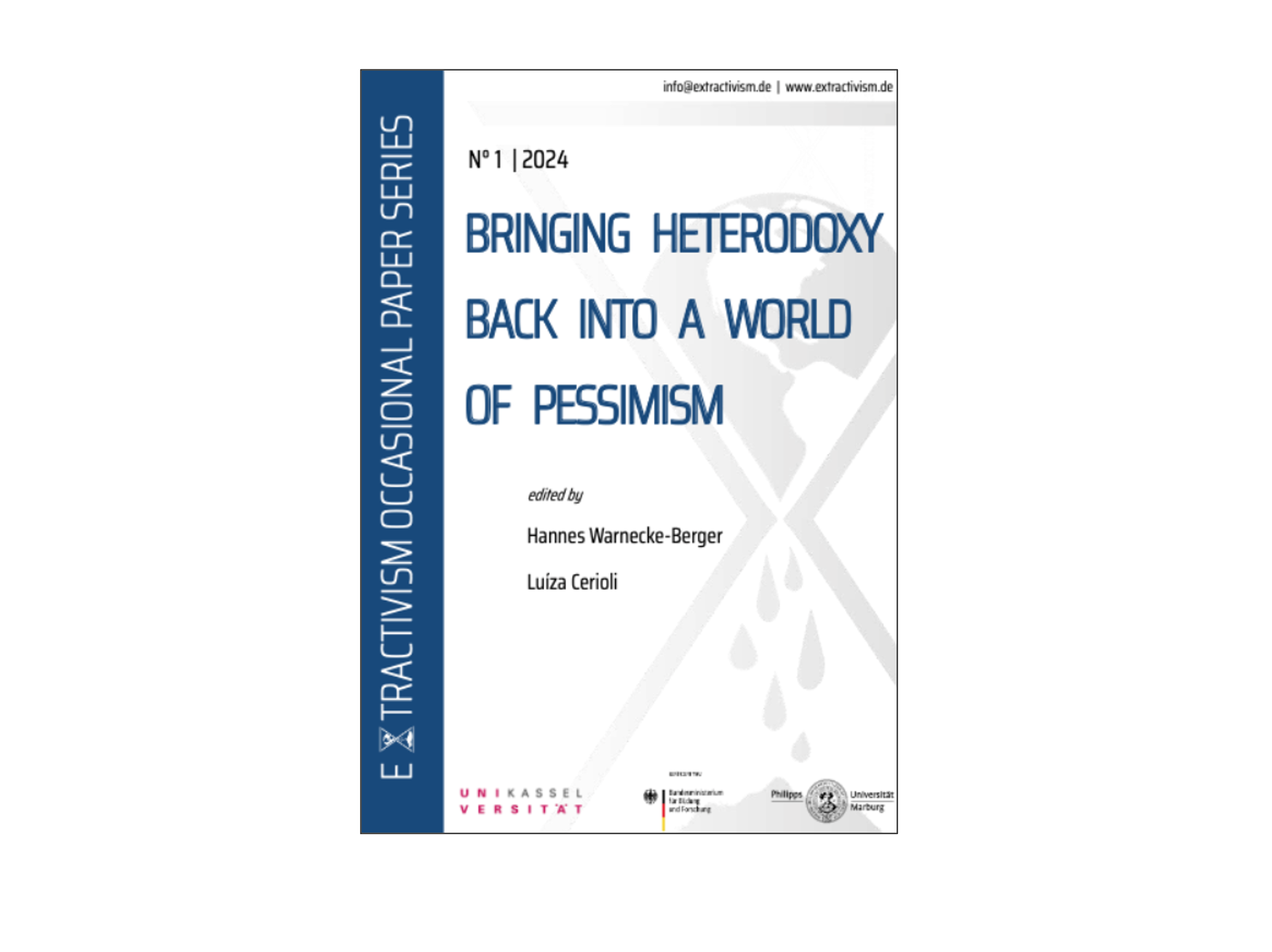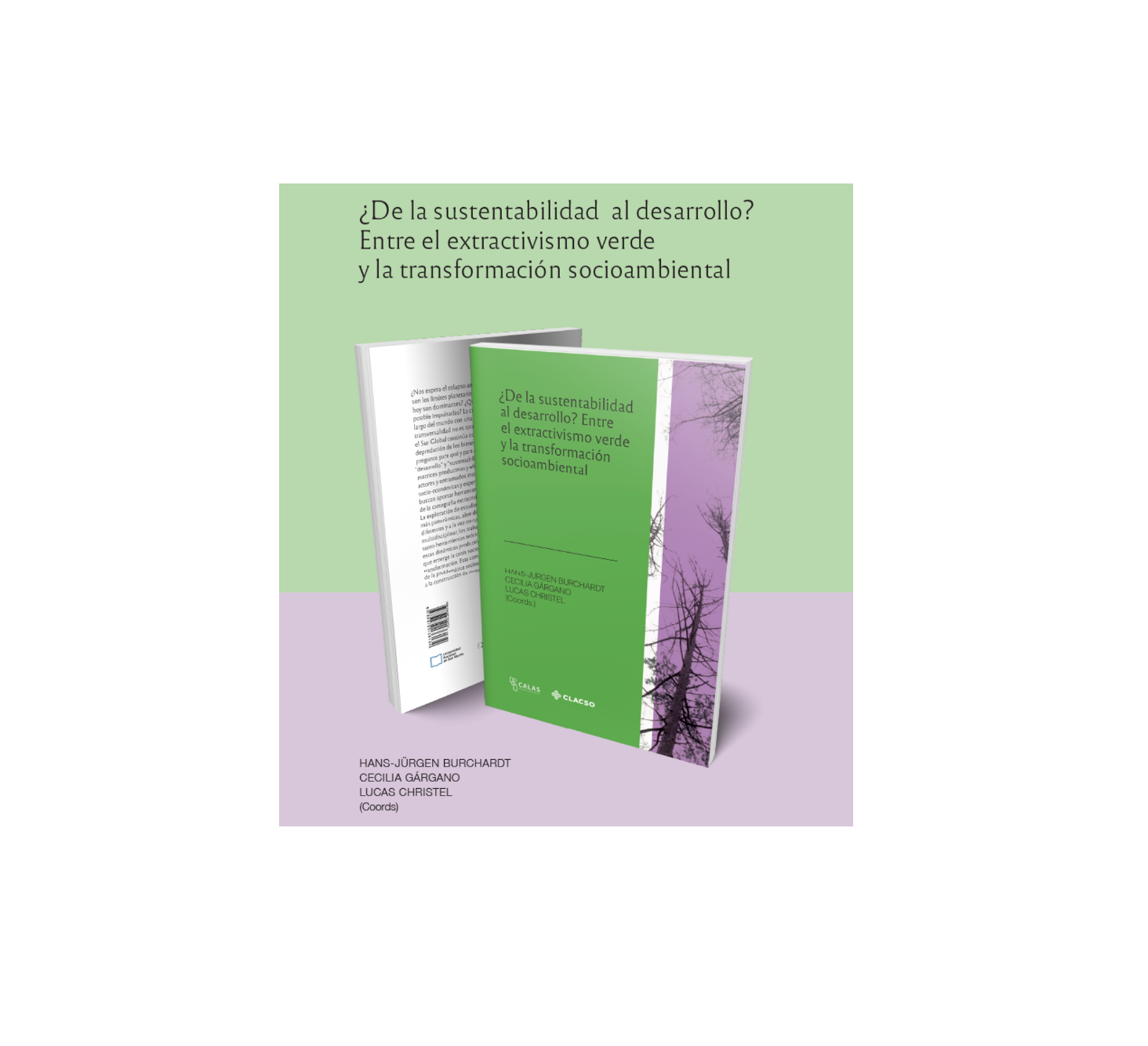The article scrutinises the failure of neo-extractivism in Latin America. Parallel to the global super cycle of commodity prices, many Latin American governments turned to the left and promised redistribution and development, particularly for the poor. Empirically we show that neo-extractivism has become a veritable development model since the beginnings of the 2000s for many Latin American societies. We further show that the recent favourable commodity conjuncture did not translate into diversification and a shift towards non-extractivist sectors away from neo-extractivism, however. In short: neo-extractivism failed. Analysing this failure needs to focus on the underlying political economic conditions that make such a development model possible in the first place, that are reinforced by that very model, and that are prone to crisis; that is, economic rents and their appropriation. We state that the root cause of the emergence as well as the failure of neo-extractivism in Latin America lies in the prevalence of rents. We call for a renewed interest in rent theory and a shift towards political economy in the analysis of development.
For more information, see
https://www.tandfonline.com/doi/abs/10.1080/01436597.2023.2203380



